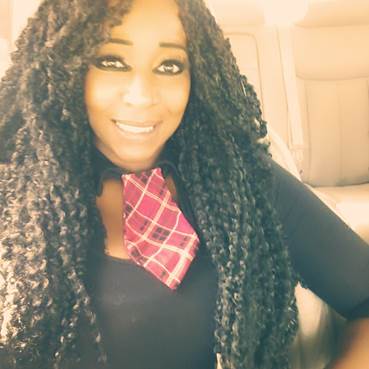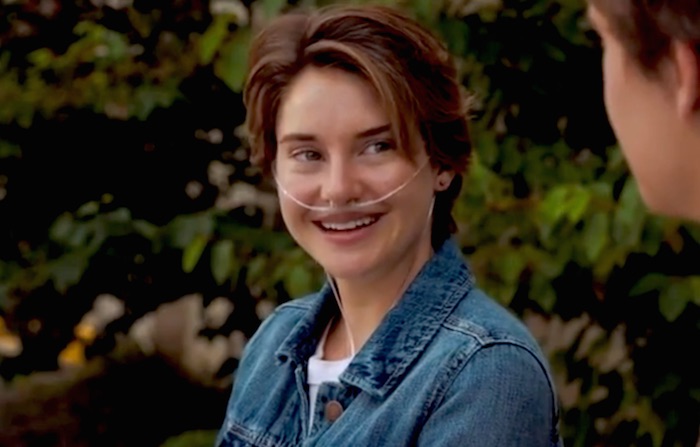
As I was growing up, the only books we had to read about kids our own age were the ‘Babysitters’ Club’-types, the ‘Sweet Valley High’ sort of books which were, at their heart, more about girls than boys I didn’t have an Augustus Waters to lose my heart to as a teen.

I’m sure plenty of teenage readers understand that these characters are just that – characters – and are not supposed to reflect the reality of relationships, but perhaps there are some who find it harder to draw the demarcation line. Girls embarking upon tentative, tender relationships for the first time perhaps expect their partners to speak to them in the measured tones and poetic cadences of a John Green hero, or to be as strong, and yet supportive of their right to be themselves, as Four is to Tris or Po is to Katsa. A bit of romantic escapism is wonderful, of course a little fantasy of how wonderful it would be to have someone love you the way Gus loves Hazel Grace, or Peeta loves Katniss – but when you start to bring those expectations into your real life, a phenomenon I’m pretty sure is not unknown to the teenage (and, sometimes, not so teenage) readers of these books, problems can arise.įor boys and men can’t live up to the standards of fictional heroes.
HAZEL GRACE MOVIE
Movies, I think, have a lot to answer for – they’re the crucible of the perfect Hollywood romance of young girls’ dreams – but increasingly, too, YA novels (and, of course, their movie adaptations) mean that young female readers have more and more opportunity to lose their hearts to beautiful, flawless and – importantly – fictional men. Shailene Woodley as Hazel Grace Lancaster and Ansel Adams as Augustus (Gus) Waters in the promotional poster for the movie version of John Green’s novel ‘The Fault in Our Stars.’ The author makes mention of cultural factors in her discussion – the hysteria surrounding weddings, for instance, and the pressure on women to have a ‘perfect’ day and to look like a ‘princess’ – but one thing she doesn’t mention, which is something I think is important when we’re discussing teenage girls and fraught romance, is the trope of the ‘perfect’ boyfriend in YA literature. Now, I’m not saying I entirely agree with the viewpoints put forth in this article, but I think it’s interesting nonetheless.


Sex and sexuality education place undue pressure on girls – as both gatekeepers and providers of others’ pleasure, they must operate in an impossible situation. The article goes on to discuss how girls and women (I think the author’s focus was America, but we can use it as a general base for discussion) are encouraged to think of themselves in relation to others, as caregivers or supporters or ‘good’ people who make life easier for those around them decorative creatures who bring beauty and light to the lives of their loved ones simply by existing. Claire Danes as Juliet in Baz Luhrmann’s 1996 ‘William Shakespeare’s Romeo + Juliet’ – surely the prime example of teenage love gone off-kilter…


 0 kommentar(er)
0 kommentar(er)
